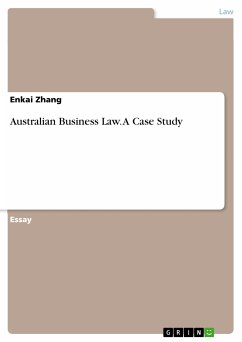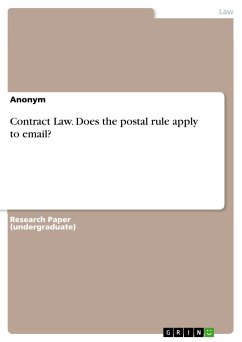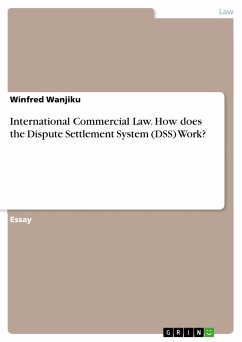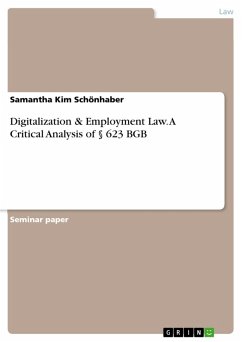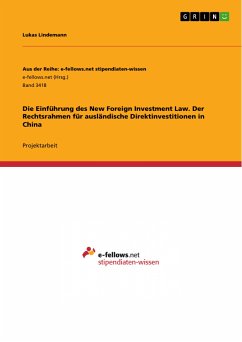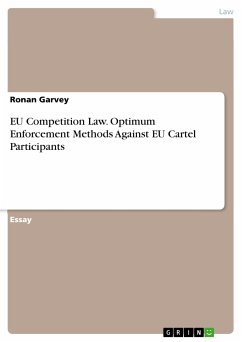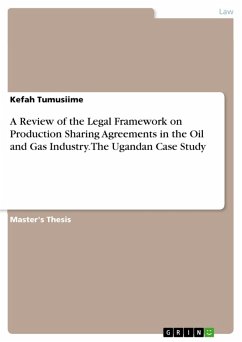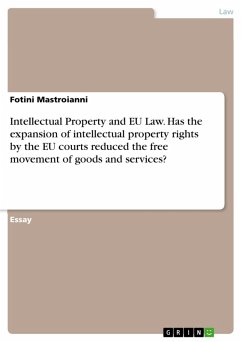Essay from the year 2015 in the subject Law - Civil / Private / Trade / Anti Trust Law / Business Law, , course: Business law, language: English, abstract: In this case, Nick needed the rally to be flawless therefore, he promised to give a bonus of $1000. Having paid $5,000 meant that nick was not paying the full payment as agreed. However, the considerations and discharge of obligation meant that the rule in Pinnel's case could be applied to ensure that nick paid back the remaining amount[ Pinnel's Case, 5 Co. Rep. 117, 77 Eng. Rep. 237 (1902).]. In this case, the consideration could be defined as the price a promisor would pay for the actualization of the promise. Being an essential element of a contract means that the agreement was enforceable in a court of law as it was a binding agreement. Therefore, Nick could sue Nick for the remaining amount as settlement of a lesser amount does not warrant that the rest of the amount could be paid at any time. Using William v Roffey bros. & Nicholls, precedents were set as the contractual obligation agreed upon in the agreement resulted in commercial advantages for the defendant[ Williams v. Roffey Bros. & Nicholls (constractors) Ltd (1990) 2 W.L.R. 1153]. This held the defendant under duress to ensure that he settled the additional sum agreed upon. According to this, the payment agreement meant that the additional sum was enforceable according to the law. Consequently, John could be held at duress to pay the amount he owed Nick as he owed him an amount that amounted to smooth running of the rally. Similar to this is the Stilk v. Myrick case, which would have allowed the plaintiff to hold any progress in the project until the defendant paid the remaining amount in full[ Stilk v. Myrick (1809) 2 camp. 317]. [...]
Dieser Download kann aus rechtlichen Gründen nur mit Rechnungsadresse in A, B, BG, CY, CZ, D, DK, EW, E, FIN, F, GR, HR, H, IRL, I, LT, L, LR, M, NL, PL, P, R, S, SLO, SK ausgeliefert werden.

